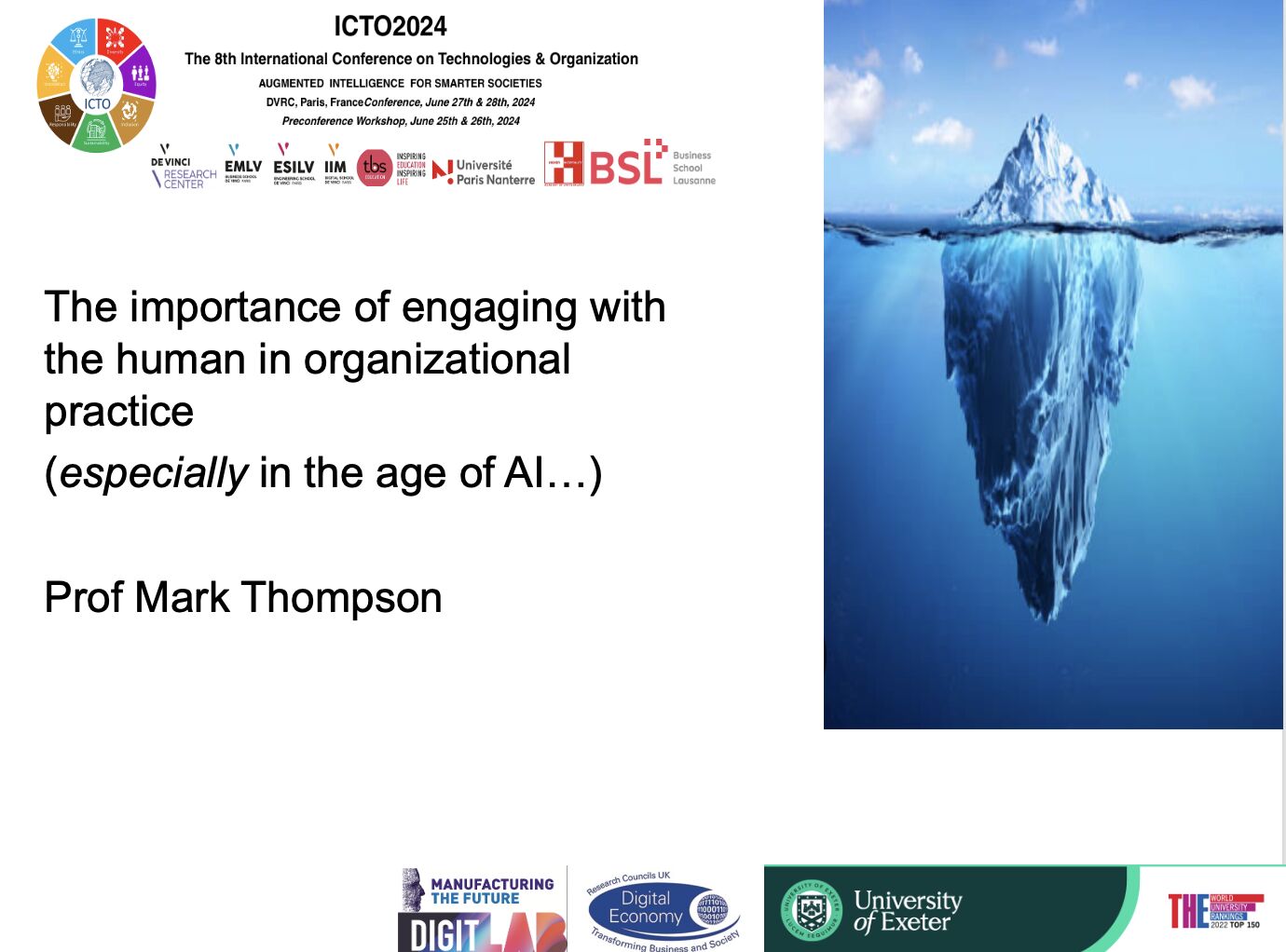The UK Parliament, House of Commons, Public Accounts Committee has published a report on the ‘Challenges in implementing digital change’ to which DIGIT Lab team member Mark Thompson (alongside Jerry Fishenden & Will Venters), from the University of Exeter Business School, has contributed.
The contribution was written evidence on Challenges in Implementing Digital Change, and can be seen at the top of the list on the following page: Evidence Page – UK Parliament
Citations of the evidence used in the report, are below:
‘Piecemeal training on narrow technical aspects, such as coding masterclasses or teach-ins, will not solve the problem. Instead, high-quality, business school-style education can build confidence in digital business models and how to use such models to transform government.’
‘Cultivating better systems analysis, data analysis and design skills would help government gain a greater understanding of where to focus its efforts.’
Access the Report:
Visit the Public Accounts Committee news article titled ‘Government IT: dysfunctional, damaging and sometimes dangerous’ to find out more and read this house of Commons Committee report, which includes recommendations to government (the Government has two months to respond):
Excerpt from the report summary:
“Digital change, on which government estimates it spends around £20 billion each year, offers a real opportunity for the government to transform its ways of working and how it provides services to citizens. However, we are concerned by the number of complex, large-scale digital programmes we continue to see fail and the impact this has on important government services and taxpayers’ money. For example, failures in NHS England’s efforts to transform primary care services potentially put patients at risk of serious harm. More recently, the Home Office’s programme to replace the police national computer has been delayed by at least five years with an associated cost overrun of more than £400 million.”











